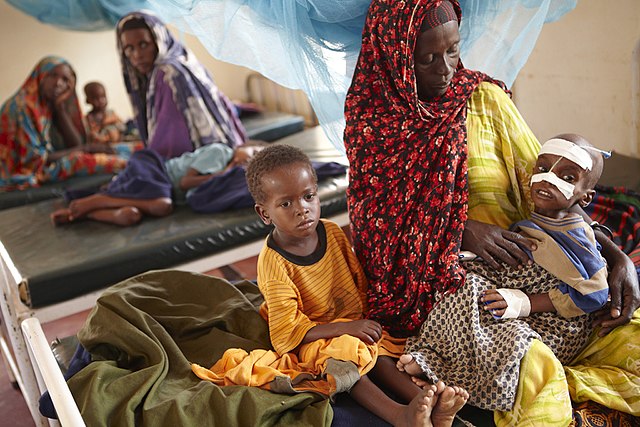The impact of poverty on mental health is a complex and interconnected issue that deserves attention and understanding. Poverty can contribute to a range of stressors and challenges that affect an individual’s mental well-being. Breaking the stigma surrounding mental health in the context of poverty is crucial for creating a more compassionate and supportive society. Here are key aspects to consider:
1. Economic Stress and Anxiety:
- Impact: Individuals experiencing poverty often face constant financial stress, anxiety, and uncertainty about meeting basic needs.
- Stigma: There can be a stigma attached to economic hardship, leading individuals to internalize feelings of shame and inadequacy.

2. Limited Access to Healthcare:
- Impact: Lack of financial resources may limit access to mental healthcare services, including therapy and medications.
- Stigma: There can be a stigma associated with seeking mental health support, and financial barriers may exacerbate the reluctance to seek help.
3. Housing Instability and Homelessness:
- Impact: Insecure housing or homelessness contributes to chronic stress, isolation, and a sense of instability.
- Stigma: Society may stigmatize individuals experiencing homelessness, further isolating them and affecting their mental well-being.
4. Food Insecurity:
- Impact: Limited access to nutritious food can affect cognitive function and exacerbate mental health challenges.
- Stigma: Stereotypes and judgments about those experiencing food insecurity may contribute to feelings of shame and isolation.
5. Educational Disparities:
- Impact: Limited access to quality education and resources can contribute to a cycle of poverty and impact mental well-being.
- Stigma: Educational disparities may be stigmatized, leading to feelings of inadequacy and exclusion.
6. Social Isolation:
- Impact: Economic challenges can lead to social isolation, limiting social connections and support systems.
- Stigma: The social stigma surrounding poverty can contribute to feelings of shame and isolation.
7. Discrimination and Stigma:
- Impact: Individuals experiencing poverty may face discrimination, perpetuating feelings of inferiority and low self-esteem.
- Stigma: Societal stigma around poverty can lead to stereotyping and negative judgments about individuals in financially challenging situations.
8. Limited Job Opportunities:
- Impact: Unemployment or underemployment can contribute to a sense of hopelessness and impact mental health.
- Stigma: There can be a societal stigma associated with being unemployed, potentially leading to feelings of shame.
Breaking the Stigma:
- Promote Understanding:
- Encourage education and awareness about the complex relationship between poverty and mental health to foster empathy and understanding.
- Normalize Mental Health Conversations:
- Create safe spaces for open discussions about mental health, emphasizing that seeking help is a sign of strength, not weakness.
- Address Stereotypes:
- Challenge and debunk stereotypes associated with poverty, recognizing the diverse factors that contribute to economic challenges.
- Accessible Mental Health Services:
- Advocate for and support initiatives that provide accessible mental health services, especially for those facing financial constraints.
- Community Support:
- Build community support networks that offer assistance, resources, and a sense of belonging to individuals experiencing poverty.
- Advocate for Social Policies:
- Advocate for policies that address the root causes of poverty, including economic inequality and systemic issues that contribute to mental health disparities.
- Empowerment and Dignity:
- Emphasize empowerment and dignity in all interactions, recognizing the strengths and resilience of individuals facing economic challenges.
- Encourage Self-Care:
- Promote self-care practices that are accessible, emphasizing that well-being goes beyond financial means.
By understanding the complex interplay between poverty and mental health and actively working to break the stigma, we can create a more compassionate and inclusive society that supports the mental well-being of all individuals, regardless of their economic circumstances.












